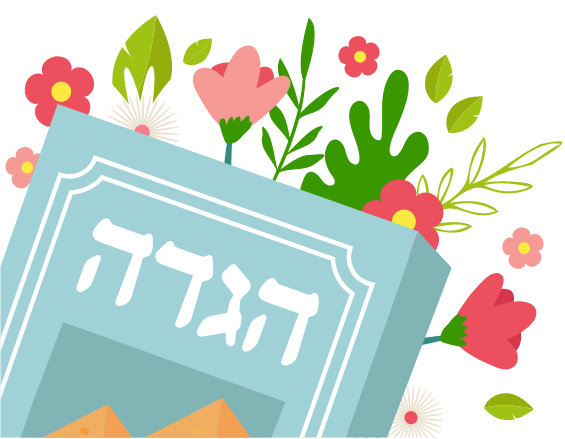
What is Passover?
The Jewish holiday of Passover began at sundown this past Wednesday, April 5. Because it is based on the lunar Hebrew calendar, Passover occurs at different times of March-April each year; however, in the Hebrew calendar, it begins every year on the sundown of the 14th day of the month Nisan.
Passover is also known as Pesach (pase-akh), which is the Hebrew word for “to skip” or “jump over,” and it is an eight day holiday that celebrates the exodus of the Israelites from Egypt. According to the Torah, Judaism’s holy text, the Israelites were ancient Jews who once were slaves in Egypt under the reign of a cruel pharaoh. However, God spoke to an Israelite named Moses, who hated seeing the suffering of his people. God promised to bring the Israelites out of Egypt, if Moses helped him.
Moses agreed, and spoke to Pharaoh. However, Pharaoh refused to free the Israelites, and so God sent a plague: the Nile River turned to blood. Moses spoke to Pharaoh again and again. But again and again, Pharaoh refused, so each time, God sent another plague: frogs, lice, wild animals, pestilence, boils, hail, locusts, darkness. The tenth plague was the death of every firstborn Egyptian son. Before this happened, God told the Israelites to mark their doorframes with lamb’s blood, so the plague would pass over them. This is where the name Passover came from.
After the horror of the tenth plague, Pharaoh finally relented. In a hurry, the Israelites packed to leave; however, as they approached the Red Sea at the edge of Egypt, Pharaoh changed his mind and sent his armies after the Israelites. Then God split the Red Sea, so the Israelites could walk safely to the other side and out of Egypt. Behind them, the waters came back together, so Pharaoh’s men who had chased them drowned. The Israelites were free, and they celebrated their exodus from Egypt. The holiday of Passover remembers this freedom, reminding Jews all over the world to be thankful for it, and to remember what it is to be in bondage.